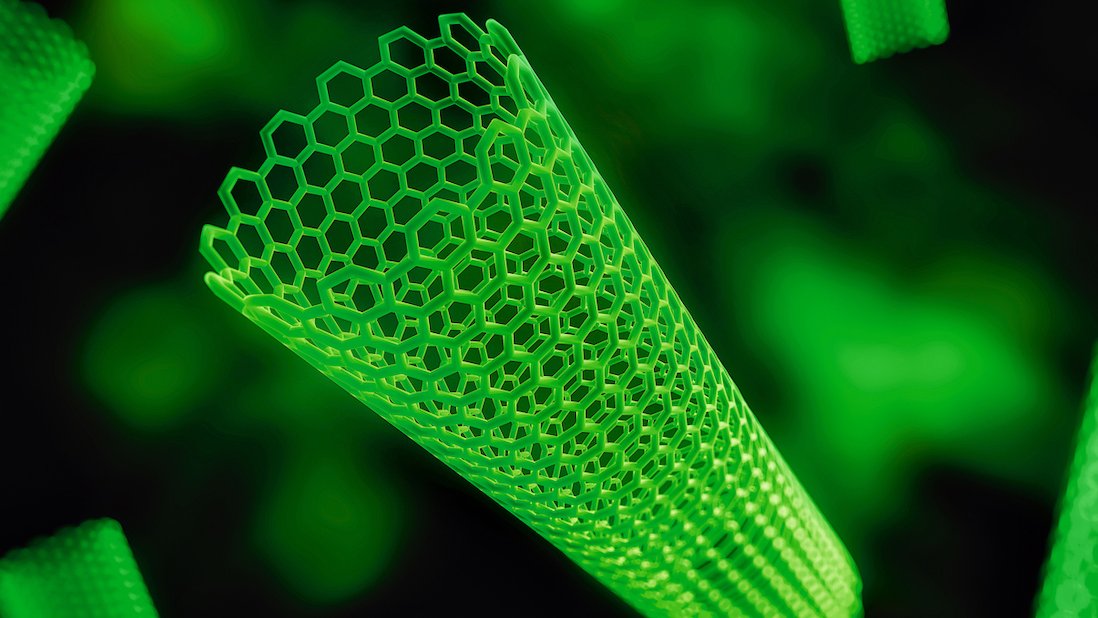Nanosciences
Findings from a world that is hidden from the human eye and often also from the human imagination: this is what nanotechnology is all about.

Overview of the academic discipline
Nanotechnology is the collective term for a wide range of technologies that deal with the analysis and processing of materials in a variety of ways, all of which have one thing in common: Their size dimension is one to one hundred nanometres. A nanometre is one billionth of a metre (a human hair is therefore several 10,000 nanometres thick). This is a borderline area in which quantum physical effects play an important role.
To put it very simply, nanotechnology utilises the fact that materials and structures can lead to new or improved product properties simply due to the small size of individual components. This makes it possible to create new products with customised properties from the building blocks of nature - atoms and molecules. Examples of this are the significantly higher hardness and breaking strength of materials or the self-cleaning properties of surfaces.
Nanotechnology is a cross-sectional technology. This means that various scientific fields such as chemistry, materials science, physics, biology, medicine and computer science are involved in developing nanostructures. Their findings are relevant for a large number of scientific and technological fields.
Which topics are included in the curriculum?
The degree programme can have a more engineering and materials science component or focus on physical education. In the Bachelor's programme, students learn about mathematics, experimental and theoretical physics, chemistry, engineering sciences and nanotechnology.
In engineering and materials science modules, students have the opportunity to acquire in-depth knowledge in a selected field of application (e.g. energy technology, electronics, nanophysics) or in a field of technology (e.g. materials science, nanostructure science, components) in the Master's programme at the latest.
Internships, laboratory work and field trips bridge the gap between theoretical knowledge and industrial application.
What are the requirements?
Depending on the university, a pre-study internship lasting several weeks before starting the degree programme and/or a ten to twelve-week industrial internship integrated into the degree programme is mandatory. Important school subjects are maths. Physics, chemistry, computer science and English.
What study programmes are there to choose from?
Study programmes in this field are mainly offered at universities, with only a few at universities of applied sciences. The degree programmes have names such as ‘nanoscience’, ‘nanotechnology’ or ‘nanosciences’.
What job opportunities are there after graduation?
Graduates primarily work in companies and organisations that research or apply nanotechnology processes. In addition to the chemical industry, these include the fields of information technology, energy technology, semiconductor production, biotechnology, pharmacy, mechanical engineering, medical technology and genetic engineering. Other employment opportunities are offered by research institutes and universities as well as environmental authorities.
